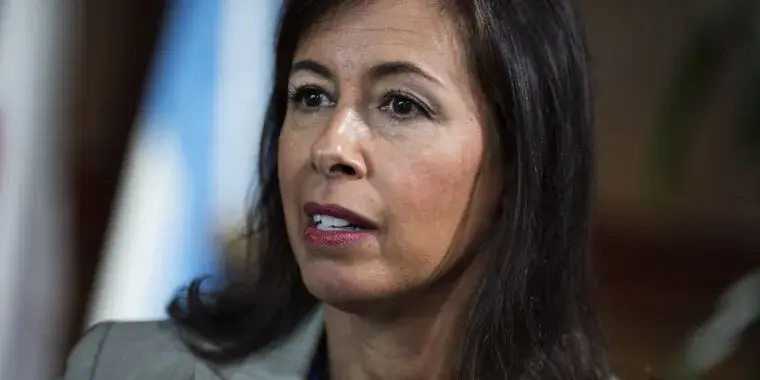Gee golly, why would the GOP want poor people in rural areas to not have internet? Isn’t that their largest constituency? Almost like those people having access to information other than through “local” news channels owned by Sinclair, Fox News, and their local church scares them or something.
How much do they really pay attention to those things, though?
Thing is, people don’t pay attention to it, that’s how it works. If they really dig in to it, they notice the contradictions. It just plays in the background and they pick up the bits that speak to them in some way, they internalize those bits and ignore the rest, then they might repeat those bits, adding to the background noise.
You just learn to ignore basically all of it and don’t challenge it because everyone been fed rhetoric to support the bits that speak to them, and you don’t have any other place to draw a coherent counter narrative from.
Now with the internet, there’s spaces that give other narratives and rhetoric, ones that don’t feel weird, alienating, pompous, and aren’t constantly speaking down to you.
I used to live in a fairly Republican area of the country and you’re 100% correct. It’s not something people watch, it’s just that fox is always in the background. bars, restaurants, bowling alleys, the country club, it’s the default TV channel wherever you go. If you ask to change the channel people look at you like you’ve gone insane.
It’s starting to fail as a system of manufacturing consensus. largely because of the internet, people who get access to the internet run head first in to stuff that contradicts fundamental assumptions that have been drilled in to them. Go to these areas and you’ll see a lot more dissent than you used to.
It’s really hurt a lot of people’s willingness to trust any “authoritative source”. It’s these sources fault for creating these absurd echo chambers and not questioning what would happen when they inevitably failed.
deleted by creator
There’s even more money to commit genocide.
“While you have repeatedly claimed that the ACP is necessary for connecting participating households to the Internet, it appears the vast majority of tax dollars have gone to households that already had broadband prior to the subsidy,” the Republicans’ December 2023 letter to Rosenworcel said.
That may be partly explained by the fact that many ACP recipients were getting a different discount under a predecessor program that ended once the ACP was implemented. The $30 monthly ACP benefit replaced the previous $50 monthly subsidy from the Emergency Broadband Benefit Program that started enrolling users in May 2021.
Or by people formerly paying for their internet service with money that should have been going toward food or heat.
Losing the $30 monthly discount could force families to choose between broadband and other necessities,
Exactly.
It’s also important to note that some ISPs created a low-cost service plan specifically for ACP. (It’s reasonable to assume this was possible in part because ACP handled income verification and eliminated the costs of individual billing and credit card payments.) That plan will likely disappear if ACP goes away, leaving poor people stuck paying a bill much higher than the program ever paid.
I hate the GOP so much
Can’t bring myself to be surprised anymore.
🤖 I’m a bot that provides automatic summaries for articles:
Click here to see the summary
The Federal Communications Commission is about to start winding down a program that gives $30 monthly broadband discounts to people with low incomes, and says it will have to complete the shutdown by May if Congress doesn’t provide more funding.
The letter was sent by the highest-ranking Republicans on committees with oversight responsibility over the ACP, namely Sen. John Thune (R-SD), Sen. Ted Cruz (R-Texas), Rep. Cathy McMorris Rodgers (R-Wash.), and Rep. Bob Latta (R-Ohio).
This step will also stabilize the number of households affected by the end of the ACP and reduce consumer confusion," Rosenworcel wrote.
The FCC will give ISPs “guidance on the timing and requirements for notifying participating households about the projected end of the ACP,” she wrote.
Rosenworcel defended the program at a recent House hearing, and her testimony was criticized by Republicans who disputed her statement that households would be “unplugged” from the Internet without continued discounts.
Losing the $30 monthly discount could force families to choose between broadband and other necessities, the White House said when it asked Congress for more ACP funding.
Saved 77% of original text.








